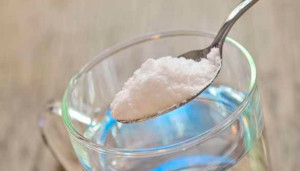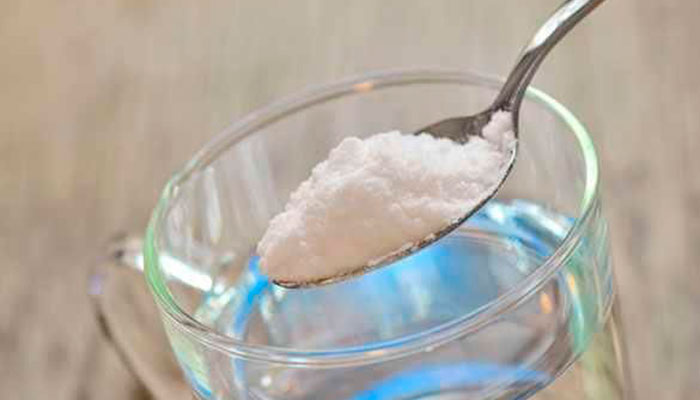Those that have experienced heartburn know how uncomfortable it can be. At times it can be so severe that it can be mistaken for a heart attack. Heartburn is caused when stomach acid flows back up the esophagus. This is known as acid reflux. Acid reflux occurs when the lower esophageal sphincter (a muscle at the end of the esophagus) does not tighten sufficiently to keep stomach acid in the stomach. Stomach acid upsets the esophagus, which results in heartburn.
Foods To Avoid
Yes, heartburn can be miserable, but diet can play an important role in minimizing it for some people. Certain foods and drinks can spark acid reflux. Maintaining a food log may help identify problem foods and beverages. Avoiding some of the following foods may help alleviate heartburn:
- oranges
- bacon
- ice cream
- limes
- lemons
- chocolate
- fried foods
- soda
- beer/liquor
- regular cottage cheese
- butter
- full fat sour cream
- spicy foods
- onions and garlic
- coffee
- tea
- tomato sauces (pasta sauce, pizza sauce, salsa, marinara)

Baking Soda And Water For Heartburn (Acid Reflux)
Baking soda (sodium bicarbonate) is highly effective in helping mitigate acid reflux or heartburn. Baking soda is a base with a ph level of 7, which helps neutralize stomach acid (about 2-3 ph) that backs up into the esophagus. A mixture of baking soda and water works as an alkaline. When the mixture is swallowed, it temporarily cuts down the acid to work as a natural antacid. The popular Alka-Seltzer is an example of a commercial antacid that contains sodium bicarbonate.
Baking Soda And Water Instructions
Directions:
Step one – Fill a glass with fresh water (one cup), grab a teaspoon and the baking soda.
Step two – Add a teaspoon of the baking soda to the water. Stir the mixture for about 5 seconds and then drink. The baking soda should be completely dissolved.
Step three – Drink the mixture. Be aware that the baking soda will cause a salty taste so you may want to drink it fast. Signs of relief should occur within about 15 minutes.
Note: Arm & Hammer advises not to take more than 3.5 teaspoons in 24 hours or 1.5 teaspoons in 24 hours if over 60 years old.
Precautions
Baking soda and water may not be suitable for everyone. The following risks or precautions should be considered:
- Baking soda is very high in sodium (1,368 mg per tsp). People on a reduced sodium diet may need to stay away from this remedy to avoid excessive sodium intake. People with kidney disease, high blood pressure, liver disease, and edema should avoid consuming baking soda, unless advised by a doctor.
- Baking soda intake can cause nausea, bloating and gas. Drinking baking soda when not fully dissolved in water may cause nausea or cramps. Properly mix the baking soda in the water to avoid potential problems.
- Headaches have been reported for people taking high doses.
- Pregnant women, nursing mothers and children under five should avoid baking soda unless directed by their doctor.
- Do not take baking soda when your stomach is full. It can damage the stomach. Read this New York Times article for more.
- High doses of baking soda over several days may deter calcium absorption in the body.
- Baking soda is not the same as baking powder. Please do not confuse the two products.
- Extended symptoms of heartburn should not be treated with baking soda and water, unless advised by a physician. Heartburn that lasts more than 14 days could signal a problem that needs professional medical attention.
- See a doctor if you have concerns or for a professional opinion on if baking soda and water is right for you. While the mixture is very cheap, it is clearly not recommended for everyone.

